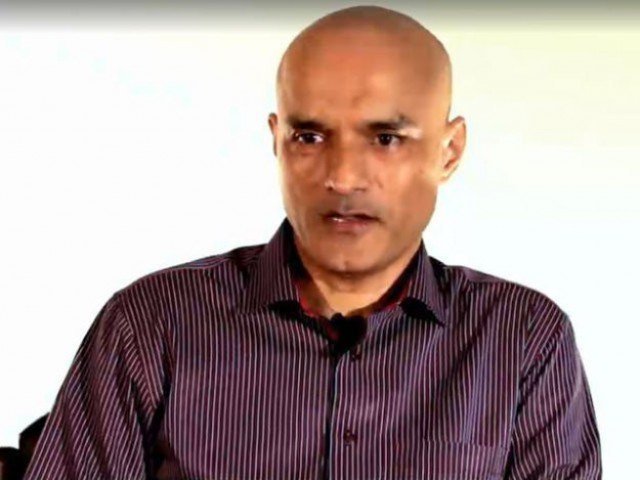Understanding the Recent Political Developments in Pakistan
Recent events in Pakistan have made headlines, especially regarding the Election Commission of Pakistan (ECP) and its role in the nation’s political landscape. On a Saturday, the ECP found itself addressing allegations of "baseless propaganda" originating from some media circles following a Supreme Court ruling on reserved seats. This isn’t just political chatter—it’s a significant event that underscores the complex dynamics shaping governance in Pakistan.
The controversy erupted after the Supreme Court dismissed a review petition from the Pakistan Tehreek-e-Insaf (PTI), which had recently morphed into the Sunni Ittehad Council (SIC). This ruling allowed the ruling coalition, led by the Pakistan Muslim League-Nawaz (PML-N), to solidify its position as the single largest party in the National Assembly, giving them a formidable two-thirds majority.
In response to the media backlash, the ECP stated it would not be distracted by what it termed "unjustified criticism." A spokesperson emphasized that the allegations against the Commission were not just misleading but factually incorrect. “Historical facts demonstrate how the Commission has consistently executed its responsibilities according to the Constitution,” they noted.
The ECP highlighted that its decisions, including those related to the Senate elections and intra-party election disputes, have repeatedly received validation from the Supreme Court. These endorsements reinforce the idea that the ECP operates within its constitutional boundaries. For instance, decisions regarding the secret ballot and the procedural integrity upheld in the Senate elections reaffirm the ECP’s commitment to legal standards.
Moreover, the ECP has a history of making bold decisions that align with judicial backing. For example, their choice to delist political parties, including the All Pakistan Muslim League (APML), for non-compliance with intra-party election laws was also supported by the Supreme Court.
So, what do all these developments mean for the average citizen? It shows that the political landscape is not just about individual parties; it’s about the systems in place to ensure fair representation. With the ruling coalition gaining momentum, it will be crucial for the ECP to maintain transparency and trust among the public.
As these events unfold, staying informed is essential. Understanding the political intricacies not only empowers you as a citizen but also sparks meaningful discussions in our communities. If you’re looking for detailed insights and expert analysis into Pakistan’s political affairs, consider connecting with platforms like Pro21st. They provide valuable resources and updates to help you navigate this ever-evolving landscape.





